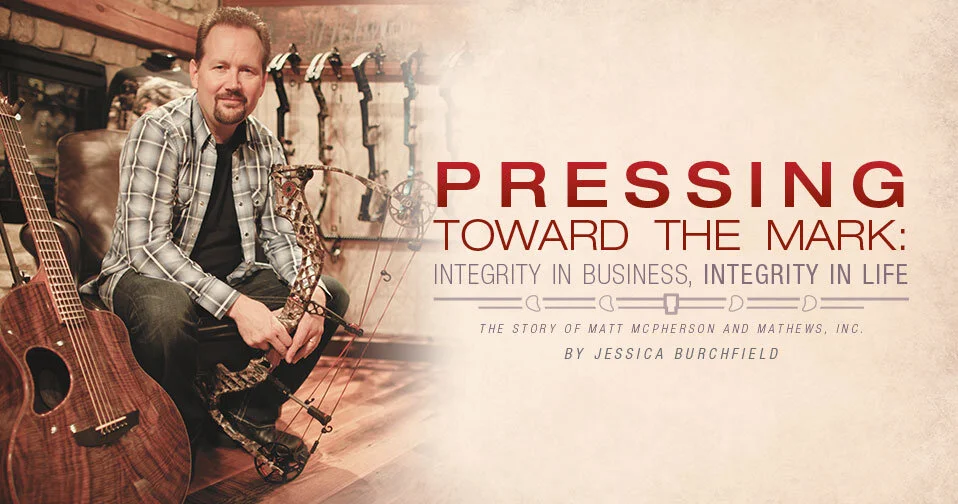Nurturing the Ecosystem
— by Reuben Coulter
Ecosystem building requires time and patience. It is typically a co-creation process between local leadership and capacity and international expertise and resources. The process is unlikely to be clearly linear. In some countries the ecosystem may be well established (but gaps are likely to remain), while in other countries the process may need to begin from scratch. The early stages of Cultivate and Seed are critical to ensure deep Biblical foundations, a vibrant and engaged community of entrepreneurs and innovators and a broad pipeline of innovative and scalable companies.
Tips for a Successful Ecosystem
1. Startup communities are led by local entrepreneurs
2. Entrepreneurs have to take a long-term view (20+ years)
3. Identify and build on local capabilities and resources
4. Be inclusive of anyone who's interested in being part of the startup ecosystem
5. Organize activities and events that are substantive and build community
‘Building Entrepreneurial Communities’ Brad Feld, Techstars
1. Cultivate
Ecosystem building starts with understanding the environment and prayerfully discerning what God is doing. Few of the entrepreneurs will have a good understanding of how their faith applies to their business and will often feel isolated or misunderstood by their church community. Church leaders will often view the business community as a source of income and not understand its missional role. The process of understanding the soil, clearing the weeds and building relationships requires patience and ‘apostolic’ leadership. It is critical that the ecosystem is led by entrepreneurs with others coming alongside them. It is also important to engage with Christians with influence and wealth to expand their understanding of God’s calling on their life and business. Ultimately the aim is to nurture a local leadership team who can guide the future development of the ecosystem.
Process
Identify who are the key local entrepreneurs, leaders & potential partners which share an aligned vision and values
Map the existing ecosystem - what capabilities and resources exist locally, who are the key Christian and secular players in this space, what support do they provide, what are the gaps?
Facilitate and equip the local leadership to shape their vision and identify the opportunities
Examples of activities
These activities may continue well beyond the seed stage but are critical for creating the right foundations for success.
Engage/ initiate a community of faith-driven entrepreneurs, mentors, and investors with regular events & activities
Facilitate renewal and discipleship by developing theology and ideas, as well as role models and storytelling
In cultures where entrepreneurship is weak, there may be a need for education initiatives such as high-school or college programmes
Capital required
The laborious work of cultivation usually requires philanthropic subsidy as few of the activities have sustainable business models.
2. Seed
Having established a faith-driven community, there is a need to nurture and grow it. The opportunities in the ecosystem will have been identified and local partners are in place to support the implementation of these initiatives. Initiatives should be built on local capabilities and be resourced locally where possible. Support and resources from outside should be requested and directed by local partners. Pioneering and pastoral leadership will be required to help the community navigate this stage.
Process
Prototype new initiatives which address opportunities/ gaps
Replicate & adopt successful models from elsewhere
Engage and provide faith-specific support to secular organisations
Examples of activities
Supporting innovation and prototyping new technologies/ business models through pitch competitions, design labs, or incubators
Building capacity of enterprises through accelerator programmes or bespoke support
Developing and discipling talent through mentorship, entrepreneur apprenticeships, or training
Capital required
Many of these activities will still require some philanthropic subsidy. However, it may be possible to generate revenue streams which assist sustainability.
In addition to grants, other forms of catalytic funding, such as low-interest loans or revenue-match payments, may be appropriate.
3. Early Stage
As seedling initiatives and enterprises begin to sprout they may continue to require tailored support and resources to allow them to scale. This is a more intensive process and will require specific skills and experience. At this stage the local faith-driven community should have developed a critical mass which allows it to shape and influence the wider culture. Positive results and a healthy pipeline of enterprises should have encouraged a wider group to engage as mentors and potentially form an angel investment network.
Process
Strengthen and build capacity of local partners
Scale or replicate what is working
Examples of activities
More bespoke/ technical support and access to markets will be required for scaling enterprises. Local mentoring and angel investor networks are extremely important.
Capacity building support continues to play an important role. This will include culture formation activities such as doing a spiritual integration review or even employing a corporate chaplain.
Capital required
Activities should be able to create sustainable business models but may still require catalytic funding to build their capacity and enable them to scale.
Angel investors or some VCs are likely to become interested individual businesses at this stage providing seed capital.
Debt or revenue-based financing will be more appropriate for certain enterprises.
4. Growth & Mature
In these stages, the majority of the ecosystem should have become self-sustaining. Some of the early generation of enterprises will be leaders in their field and will be able to provide expertise and resources to support the next generation.
Process
Mobilisation of resources to enable enterprises to scale
Supporting discipleship of leaders and a faith-driven culture
Examples of activities
Partnering with Christian business leadership and discipleship networks (like C12, FCCI and Convene) to expand into new countries
Development of commercial investment funds, particularly those which can provide added-value through scaling expertise or access to markets
Capital required
Faith-driven equity investors which can provide market-return growth capital are valuable at this stage to support growth and maintain culture and values.
Businesses should have sufficient revenues to secure local bank financing.
Related articles
——
[Photo by Irina Iriser on Unsplash ]































We are in the process of a tectonic transformation in the way we work and live – let’s rise to the challenge of using generative AI to speak and create life, rather than standing on the sidelines.